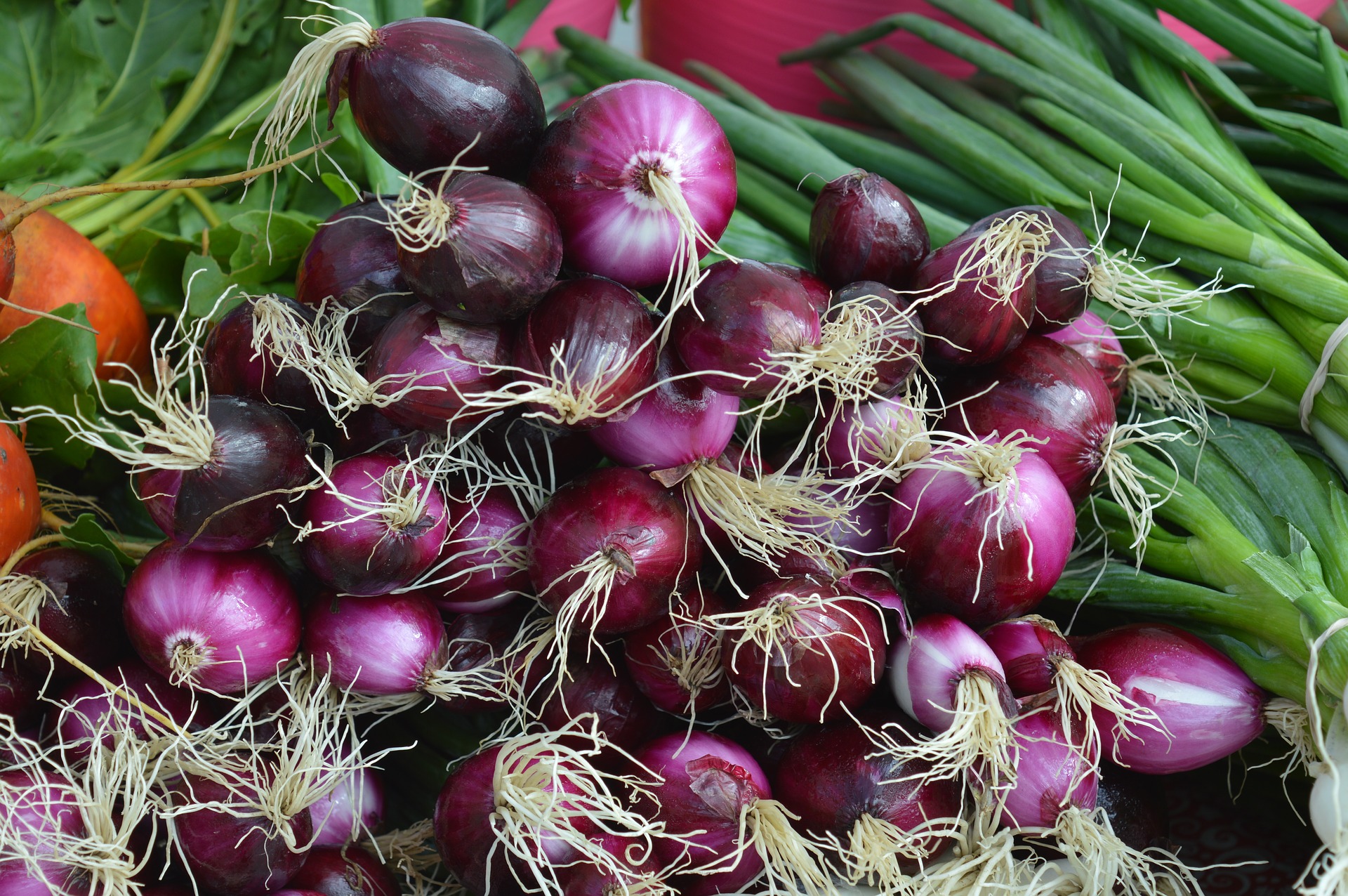 Some people mention that organic fruits and vegetables keep longer. Is this true and why?
Some people mention that organic fruits and vegetables keep longer. Is this true and why?
Organic foods and foods from industrial agriculture are not grown in the same way. Organic farming is regulated. It is closer to the methods of traditional cultures. In organic fruits and vegetables, no pesticides, herbicides, or synthetic chemical fertilizers are used. Sewage sludge is not allowed nor irradiation, and food is not genetically modified. The organic farmer works with what the earth and nature can give him. There are many nutrients in the soil, and the organic, earth-loving farmer knows it is important not to destroy them with artificial chemical herbicides and pesticides. The soil is alive, and it must remain so! Plants are like humans; they are what they eat! If they are fed with natural and healthy nutrients, it can only result in a healthy and vibrant plant. If the soil contains more nutrients, the plant will use them, it will be healthier and last longer.
This reflection represents a major difference between the two cultivation methods. Industrial farming methods often leave the soil severely depleted of nutrients, making plants vulnerable and susceptible to pests and diseases. However, organic fruits and vegetables do not defy the cycle of life! They have a better start in life, sure, but they’re not immune to rot. How to store your food is very important!
Here are some tips to keep your fruits and vegetables longer (source: https://www.cosmopolitan.com/uk/body/diet-nutrition/a38816/keep-your-healthy-food-fresh-for-longer/ ):
- Buy tomatoes still on their vine if possible. They will last longer. Tomatoes lose their flavor and juicy texture in the fridge. So, leave them on the kitchen counter. To not lose them, buy less at a time.
- Choose bananas that are about to be ripe, with some green left. But not entirely green. Leave them together on the bunch, do not separate them, they will last longer. Bananas will blacken in the fridge. Leave them on the counter. Like tomatoes, don’t buy too many at once, as they unfortunately all ripen together!
- Wash your red fruits (strawberries, raspberries) with one-part vinegar to 3 parts water before putting them in the fridge, they will keep longer.
- Wrap your celery in aluminum foil.
- Herbs are like flowers: store your bouquet in a glass of water on the edge of a window, and use only what you need each day. When the herbs start to wither, chop them, put them in a bag, and pour olive oil on them. Then put in the freezer for future use.
- The mushrooms will keep longer in a paper bag.
- Avocados ripen best at room temperature, on the edge of a window. If you have a lot of them, if they are well ripe, then store them in the fridge so you do not lose them.
- The onions can be stored in a dark and dry place, locked in a sticky stocking to which you will have made a knot between each onion.
- Keep raisins in an airtight container, such as a Tupperware container.
- To give your salad leaves some extra pep, immerse them in ice water a few minutes before preparing them. They will be crunchier!
- It is best to store apples in the fridge, in a plastic bag, away from other fruits and vegetables, as they produce a gas called ethylene, which is harmful to other fruits and vegetables. Exception: they get along well with potatoes! These love ethylene, and they’ll keep longer if you put an apple in your potato sack.
Buy the healthiest vegetables possible in the grocery store because they are said to be the healthiest, most lively, and most nutritious. If you can buy your daily fresh vegetables and fruits directly from the producer, that is even better! If you can afford it, encourage organic producers. For your health, and that of the earth!